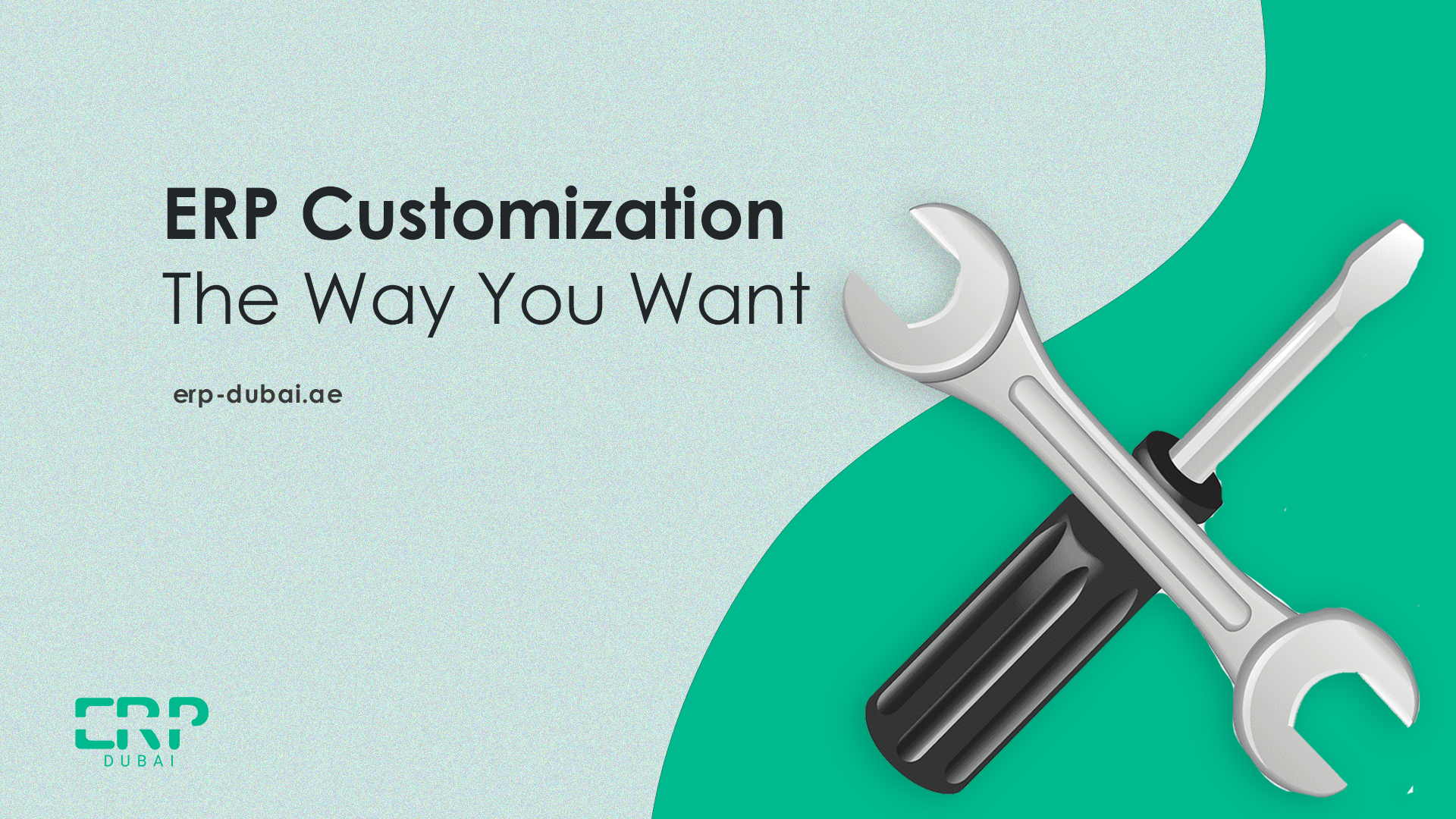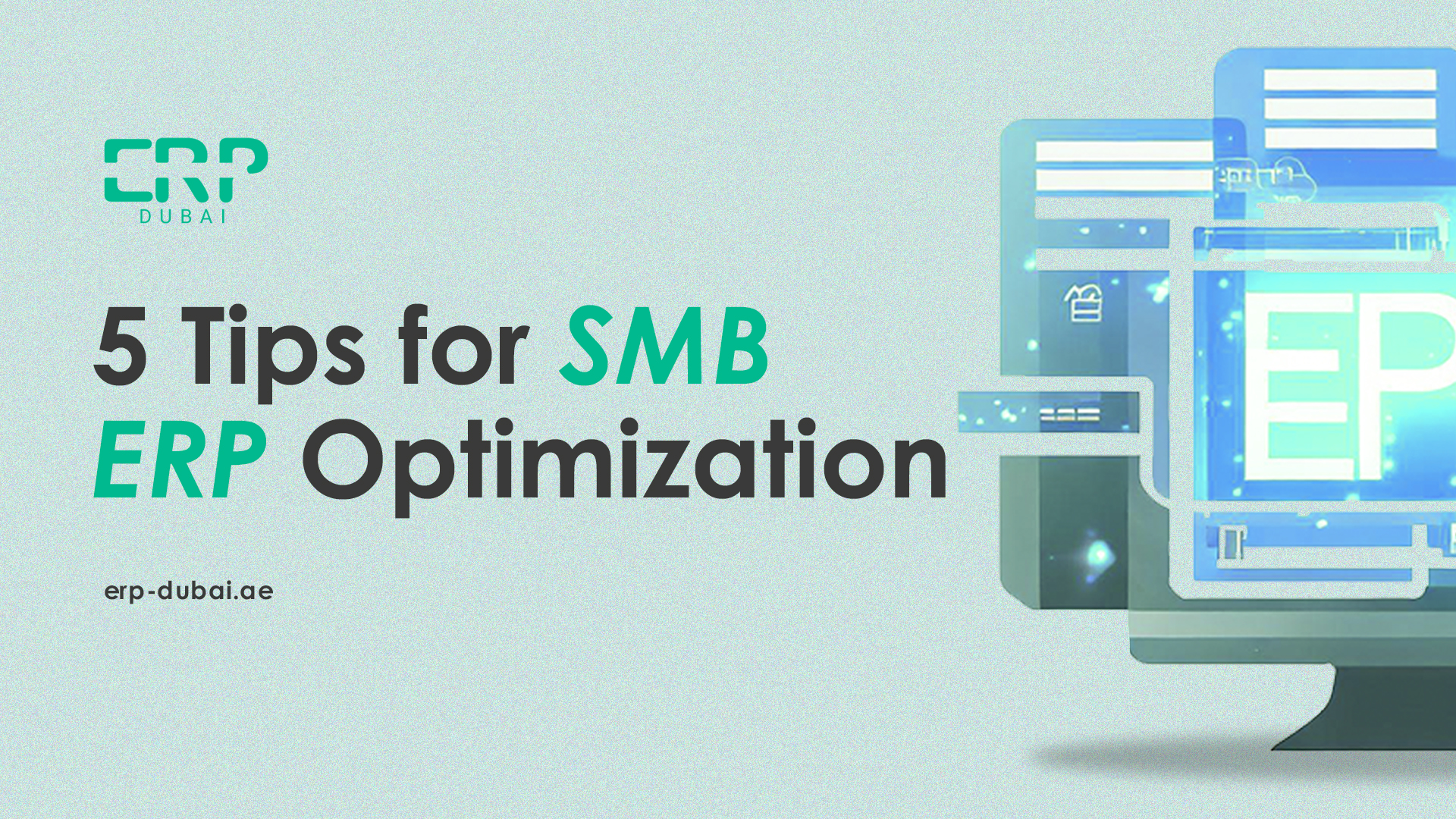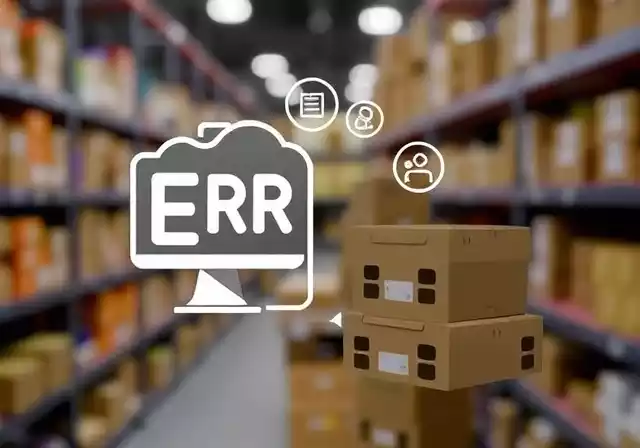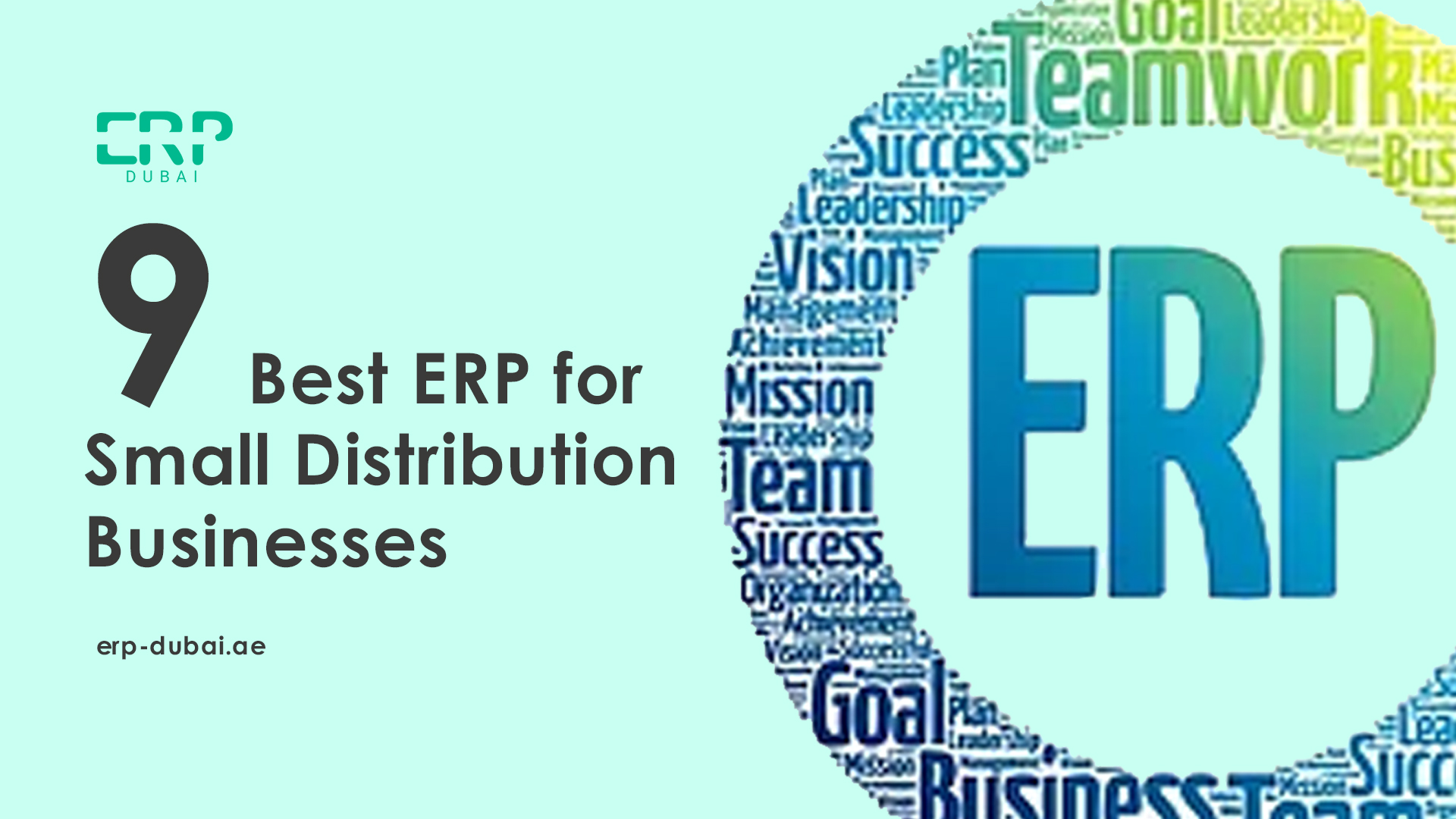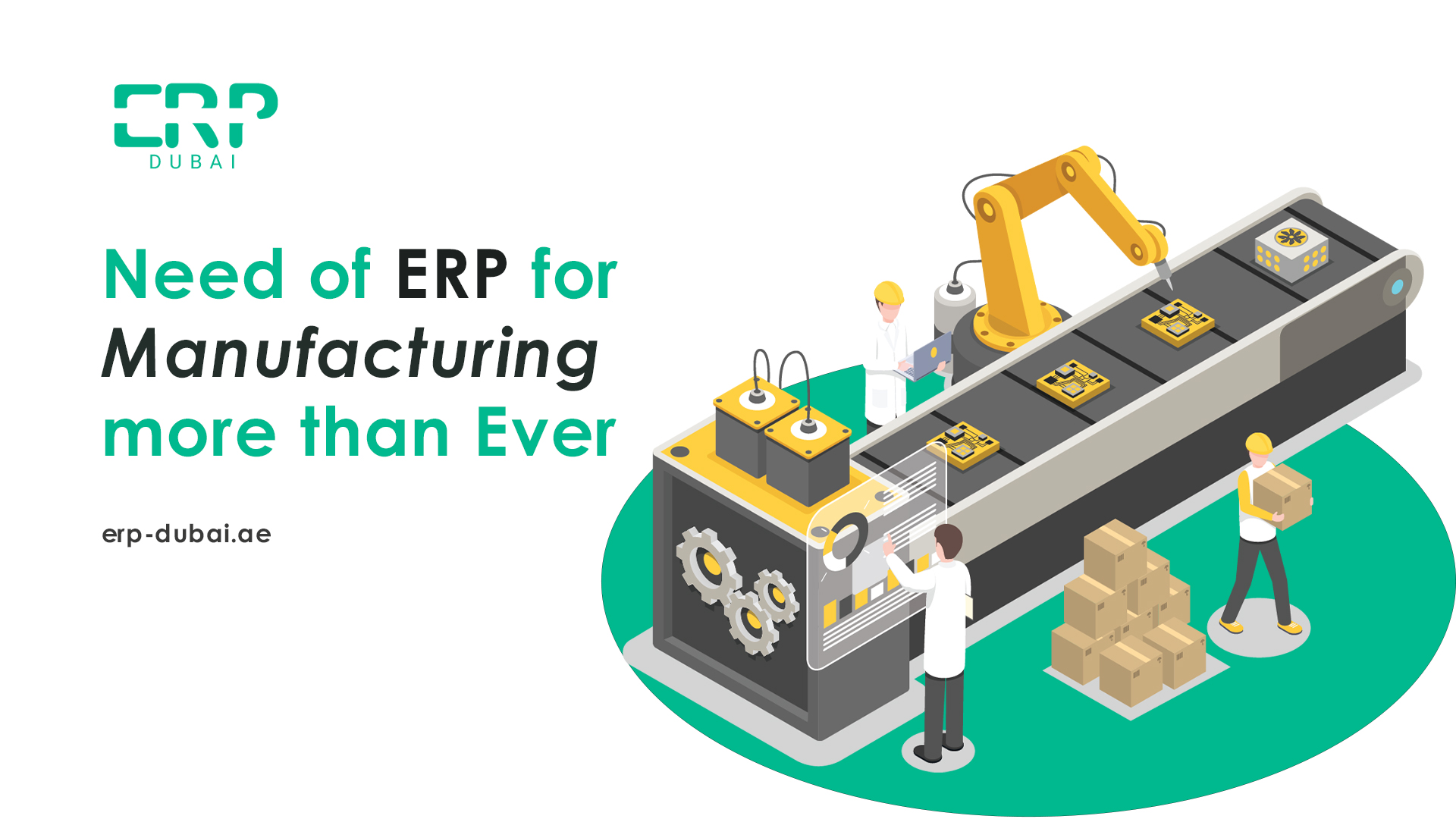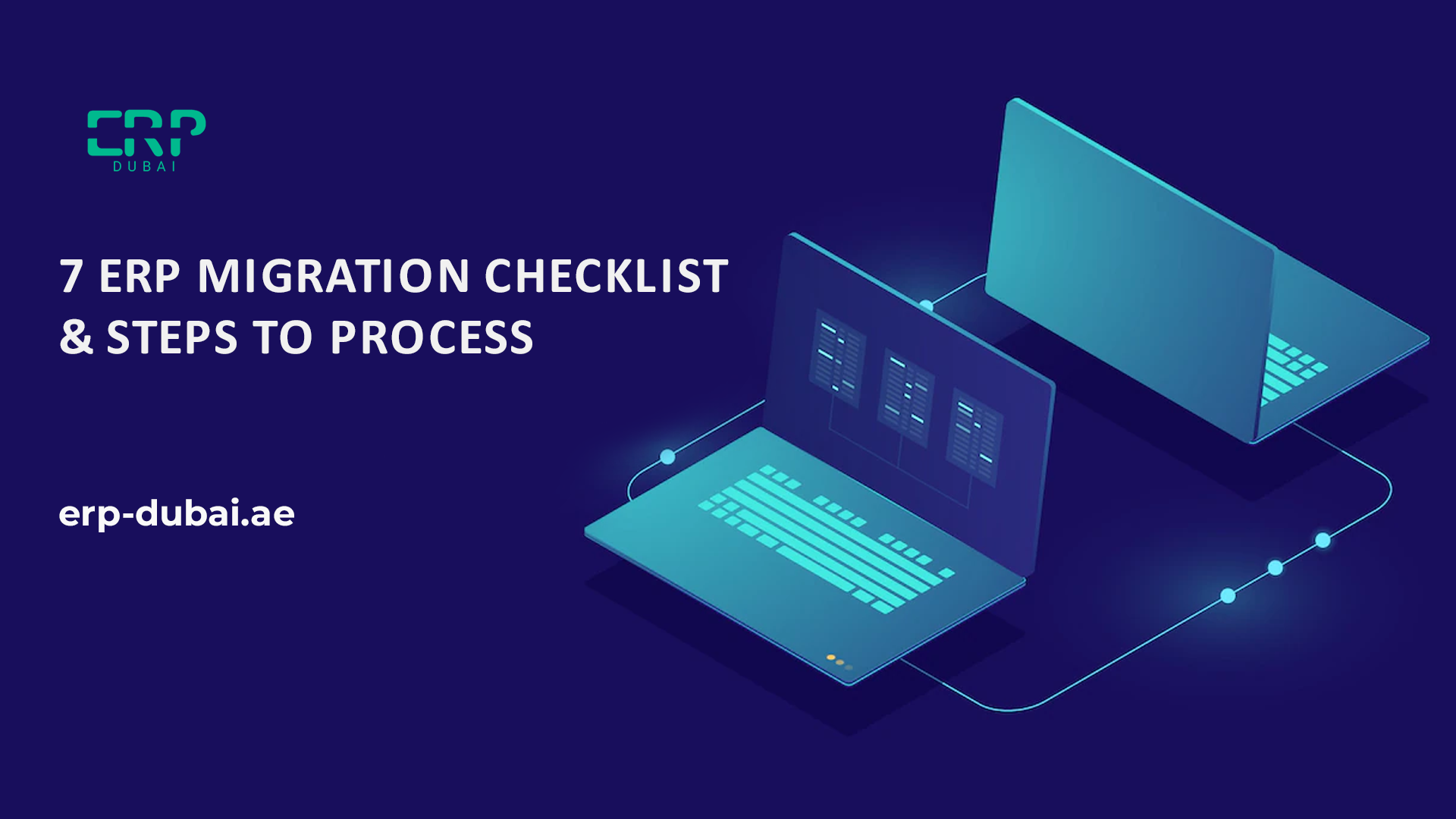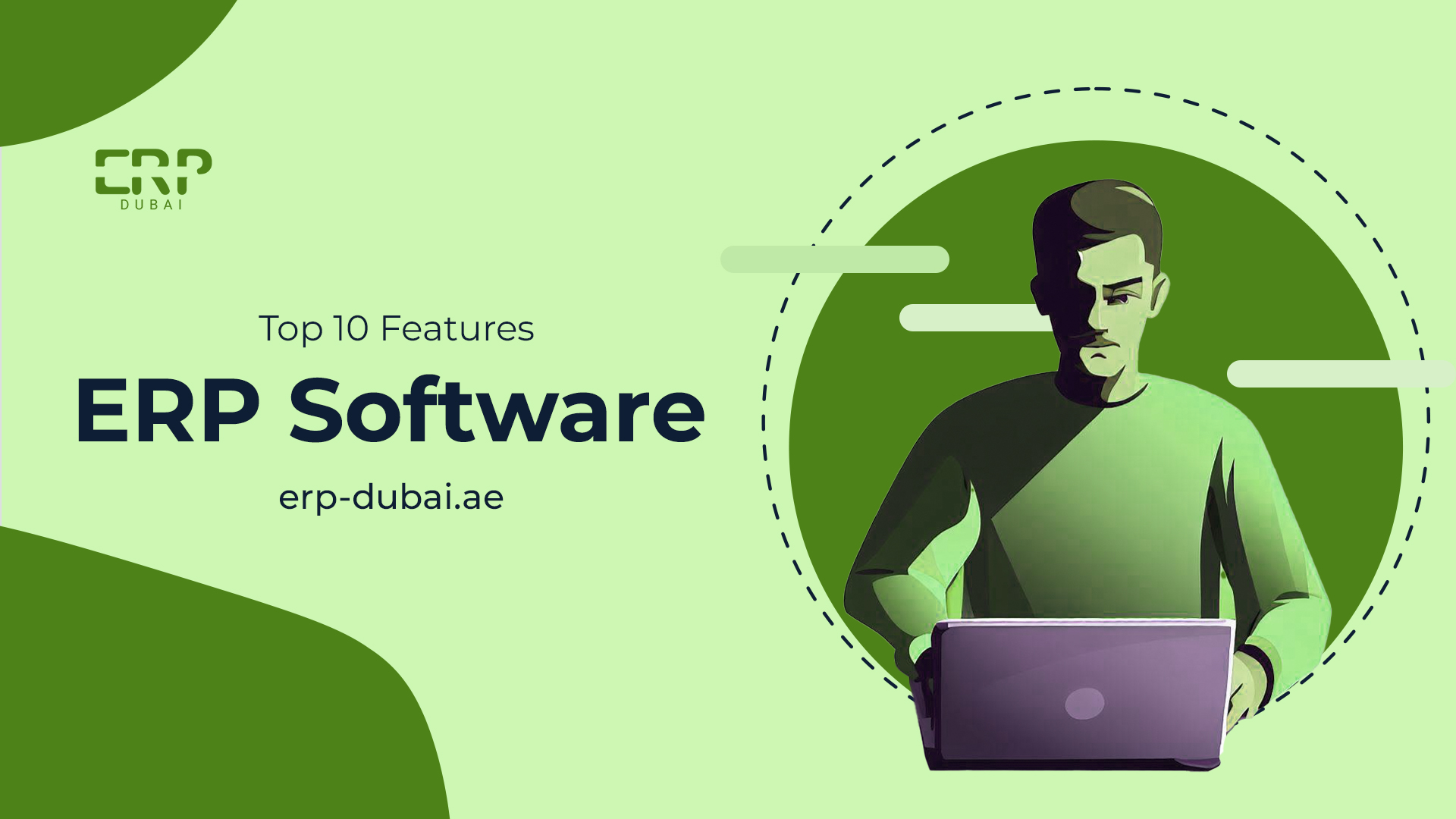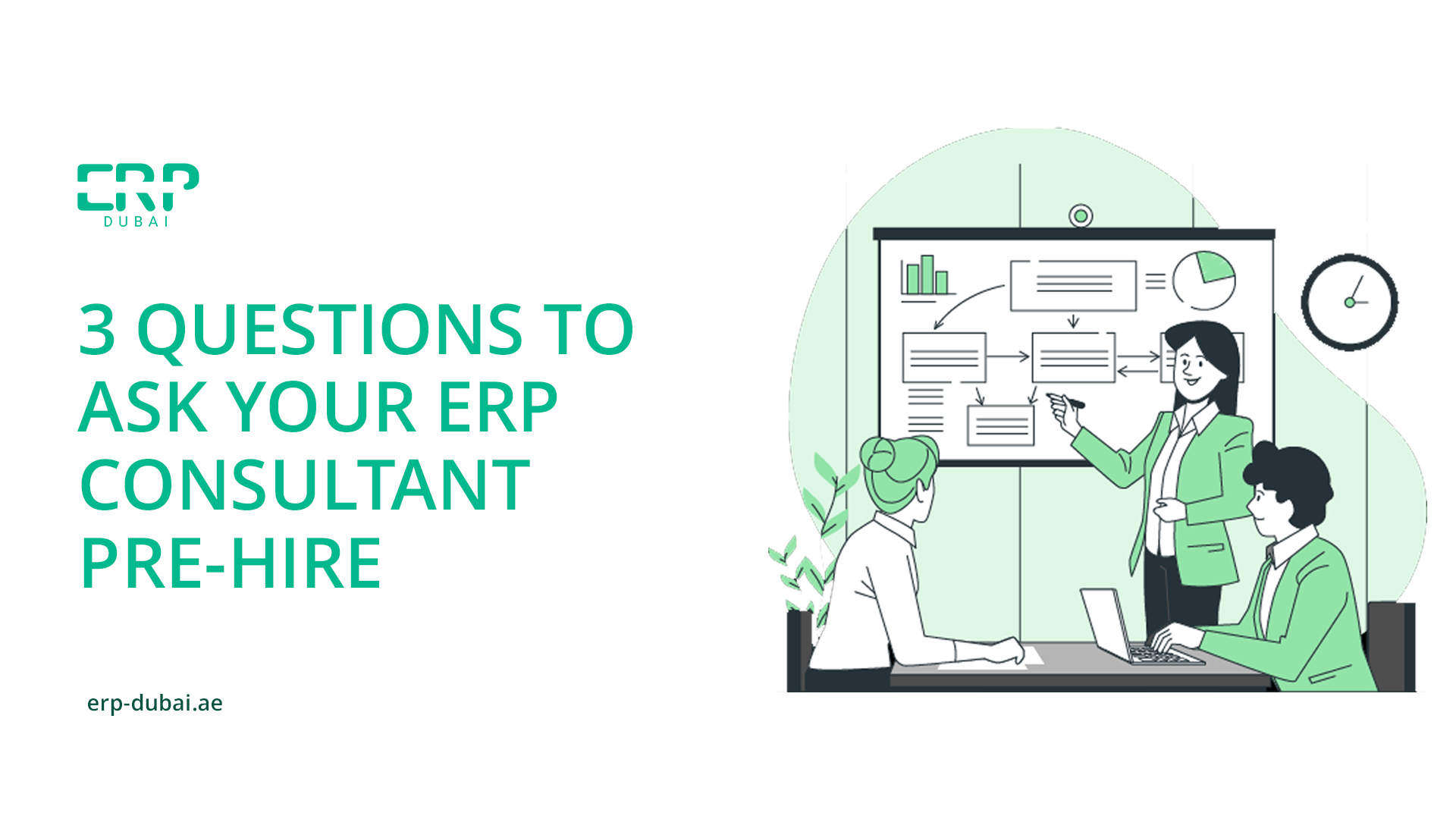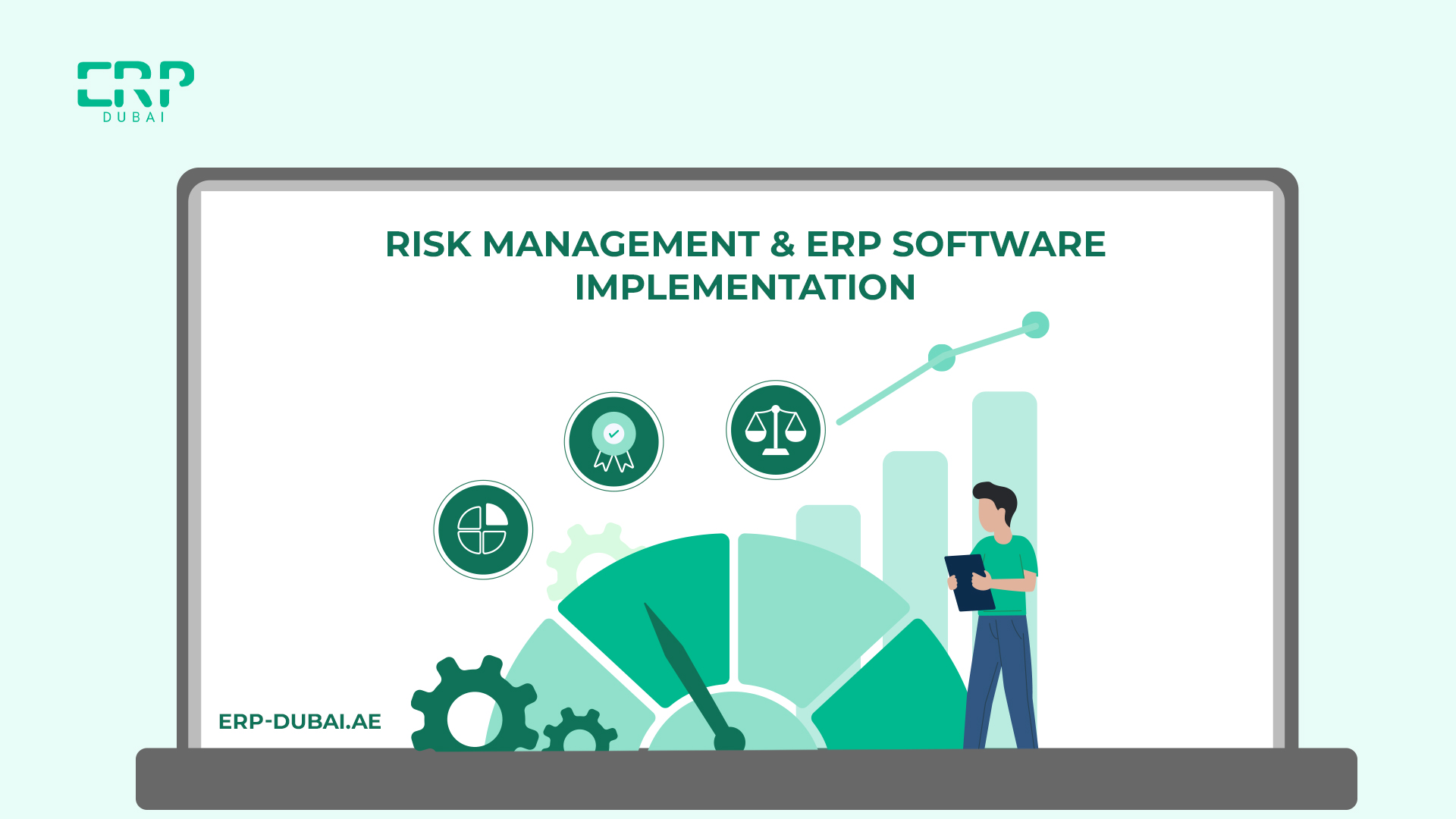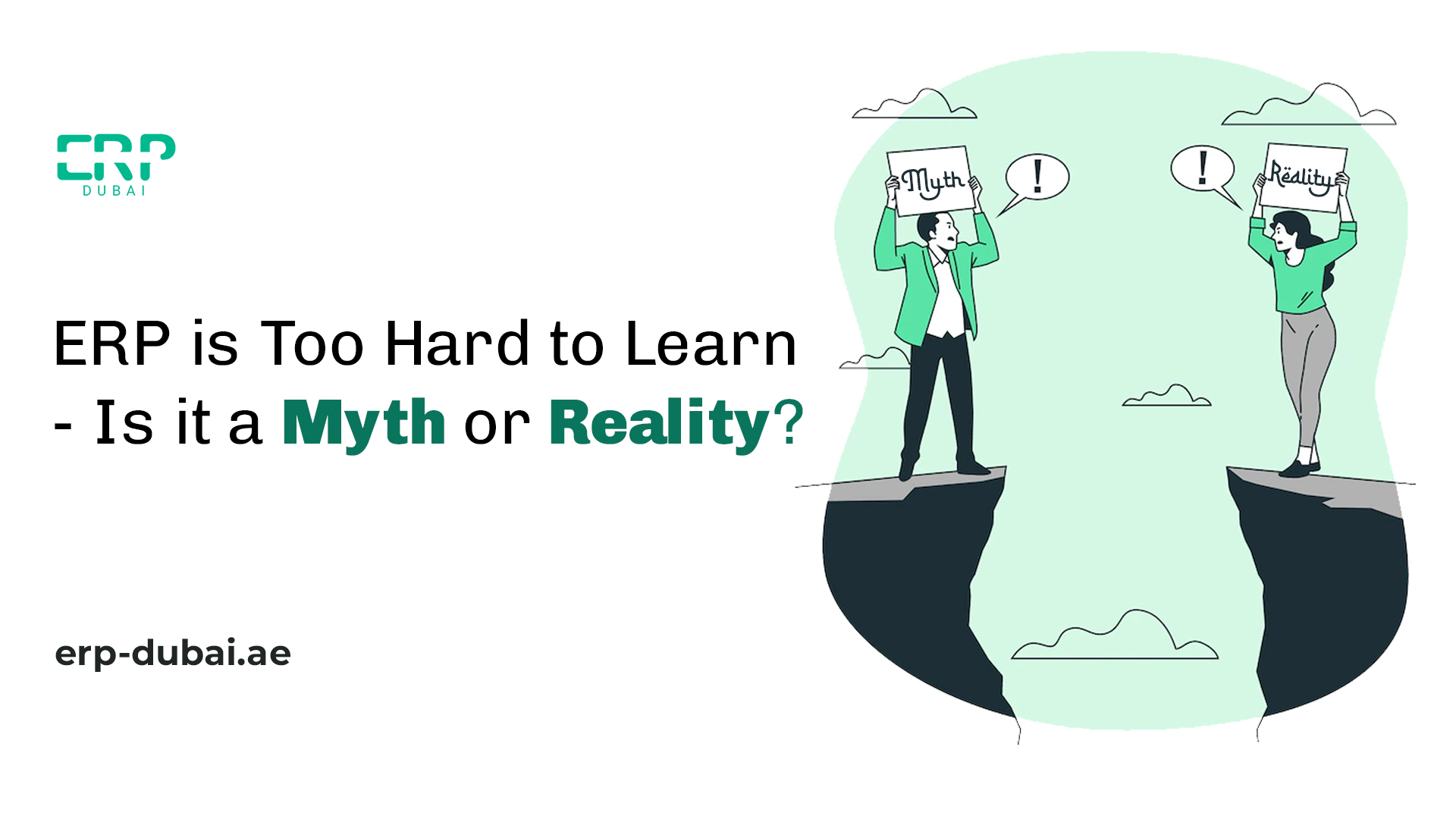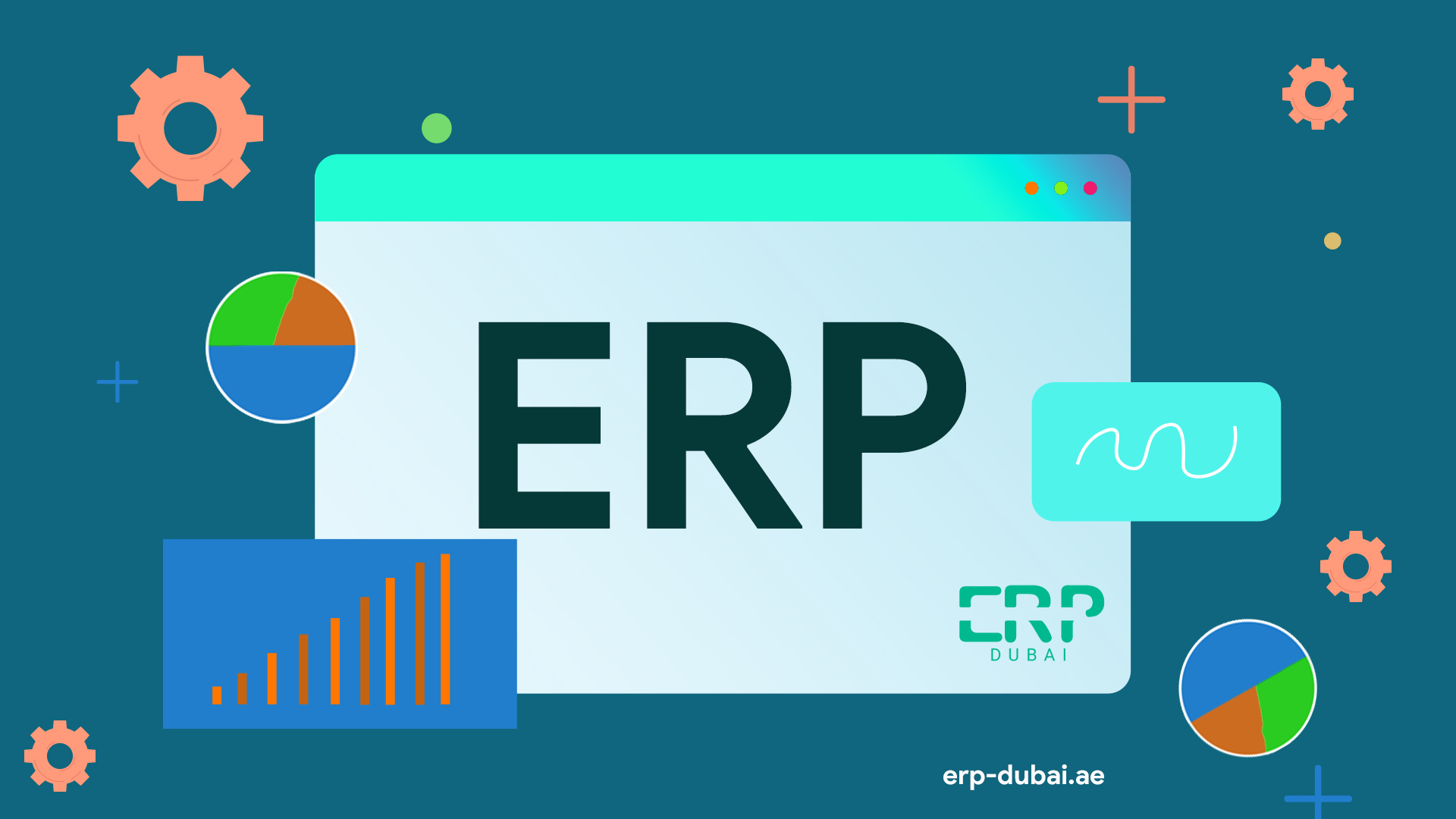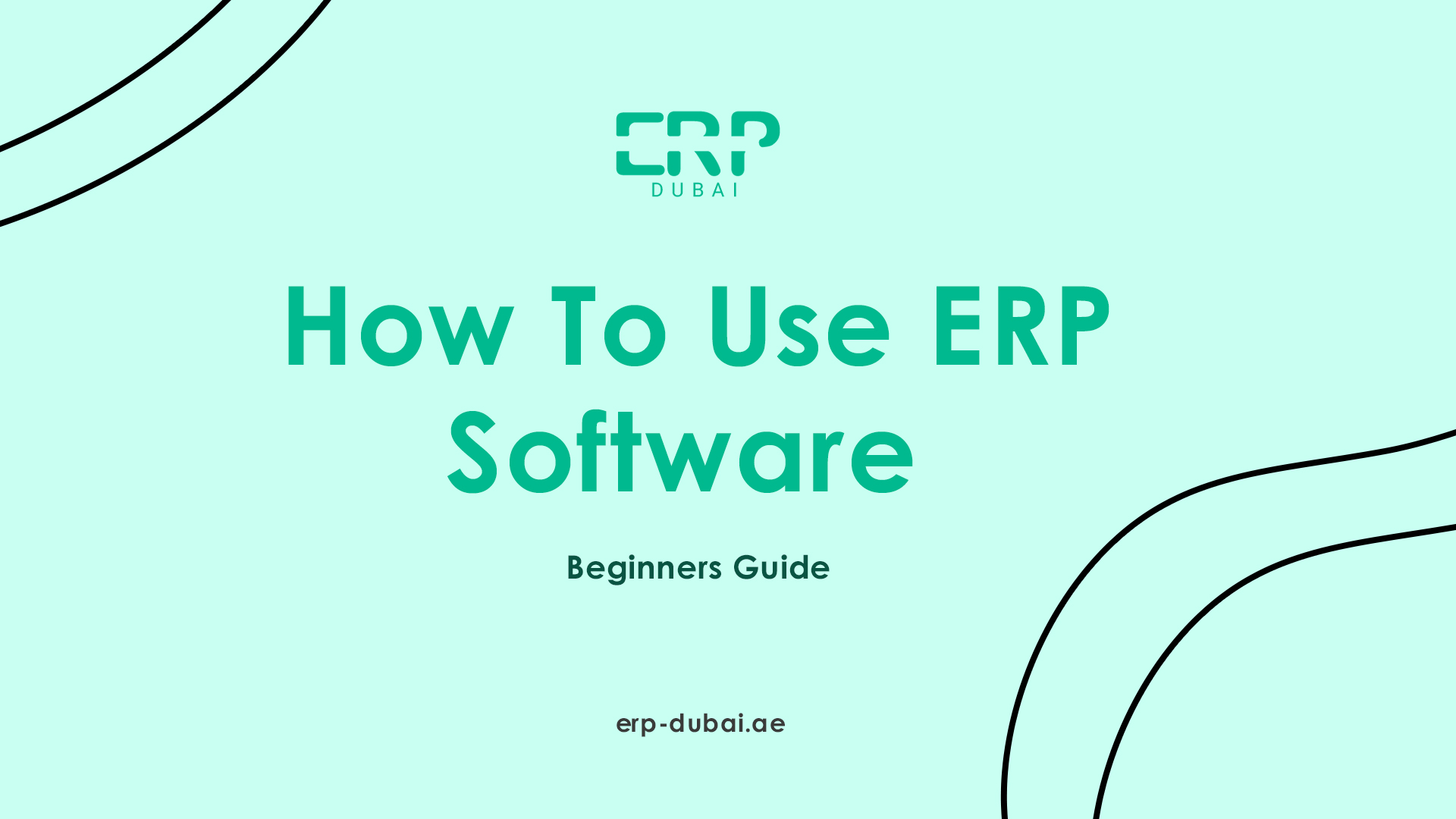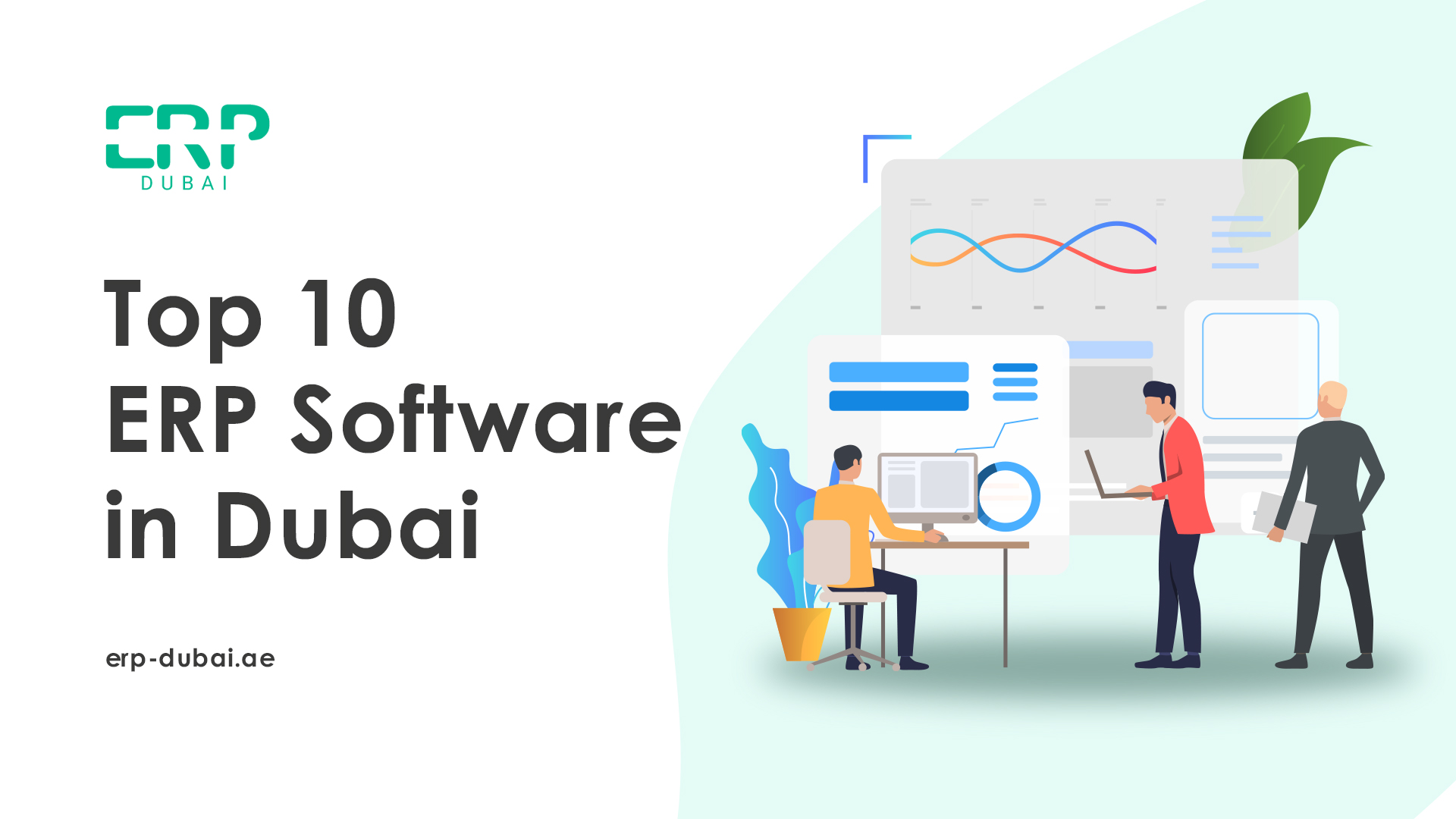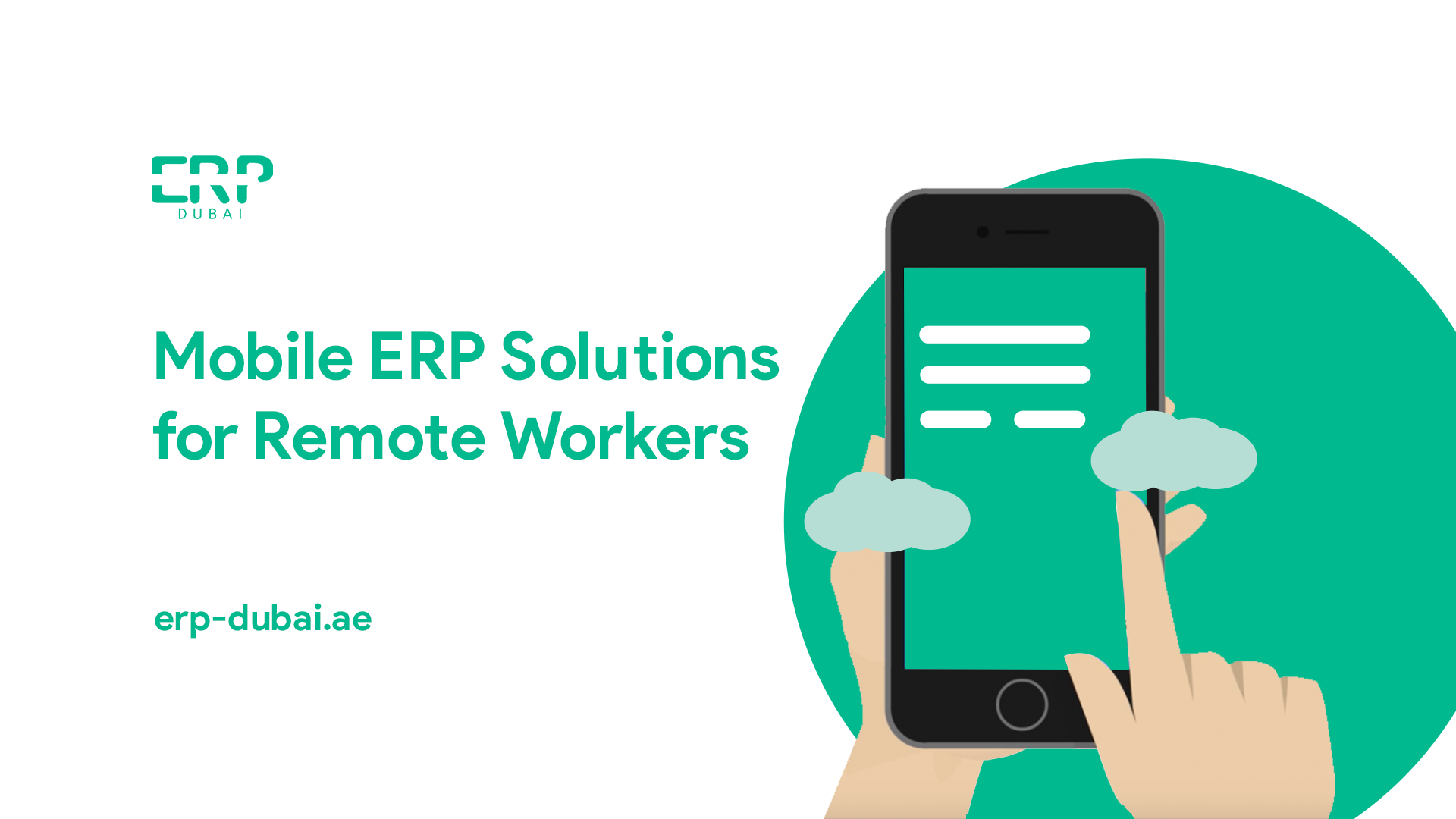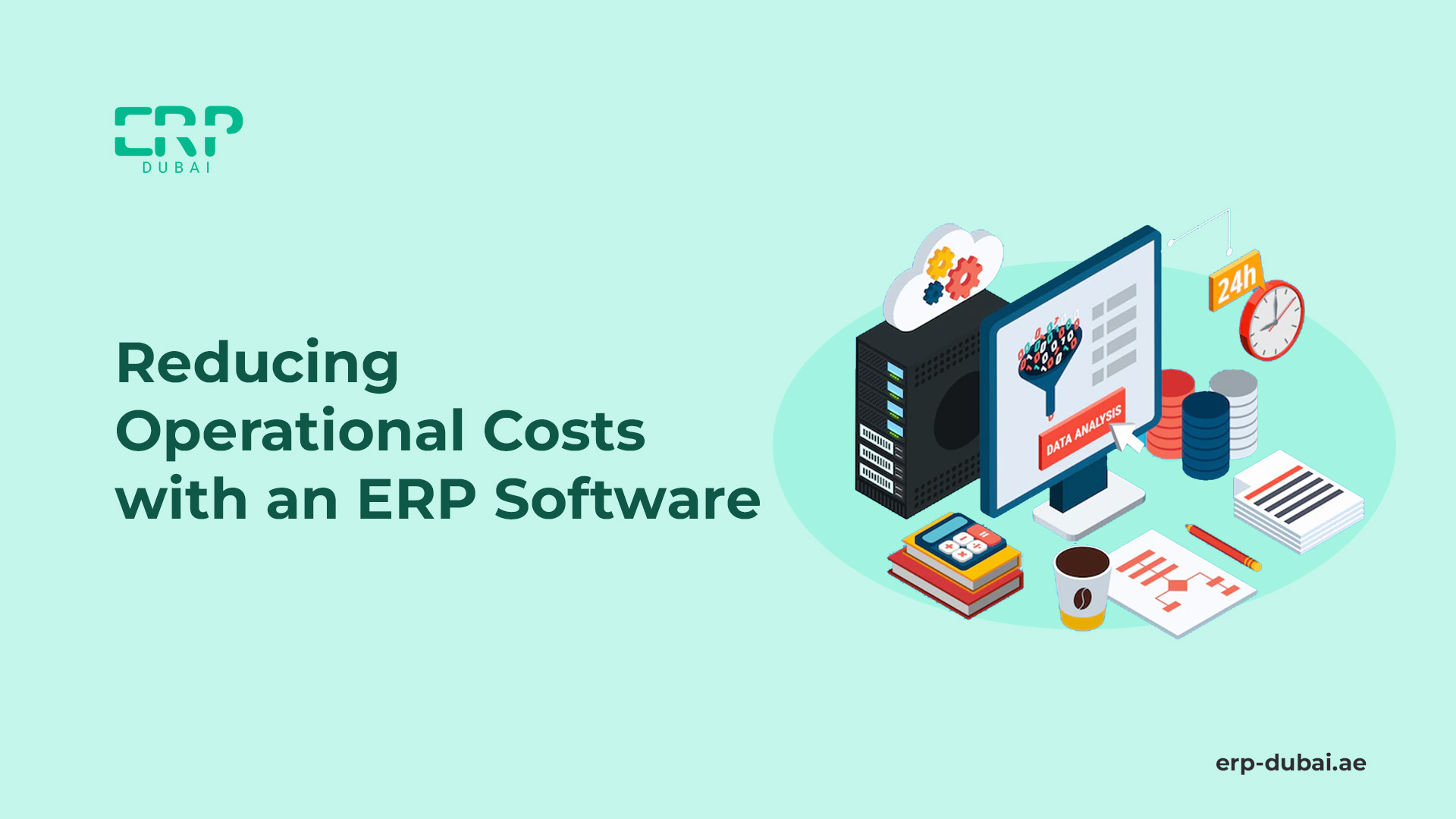No products in the cart.

The impact of cloud-based ERP software on business operations
Technology has played a crucial part in driving the recent dramatic changes in the corporate sector. Cloud-based ERP software has been one of the most revolutionary technological advancements in the business world. Cloud-based ERP software has significantly changed how firms run because of its capacity to offer real-time access to data, enhance collaboration and communication, and increase productivity.
ERP software is a collection of integrated software designed to manage several corporate operations, such as accounting, finance, human resources, and inventory control. Traditional ERP software needed a substantial infrastructure and hardware investment. They were also required to place on a company’s local servers.
Cloud-based ERP software has altered the paradigm. It now provides organizations with a cost-effective substitute that has several advantages.
What does cloud-based ERP software imply?
Cloud ERP is a business tool and enterprise resource planning solution. Cloud ERP is hosted and maintained by cloud service providers like Elate ERP and is available from any Internet-connected device.
This solution allows you to enter data from any location and work on any document with colleagues. When accessed from the Cloud, Cloud ERP is very effective and efficient and relieves the company from the time-consuming onsite maintenance needed by on-premise and manual ERP solutions.
On-Premises ERP vs. Cloud ERP
Given that both on-premises and cloud-based ERP systems offer the above functions, why would one select the cloud?
ERP software that is installed and maintained on-site by an organization’s IT team or a controlled service provider. The company purchases or rents enterprise-grade servers, networking, and storage. So that, it can physically run and store the software and related data after initially licensing the on-premise software platform.
Companies that use on-premises Enterprise resource planning (ERP) have extra expenses for maintenance, support, additional software, updates, and customizations. It also requires additional costs for server and storage backup systems, antivirus, and security software.
Contrarily, the vendor hosts and manages the cloud-based ERP. They offer the software via the cloud in an “as a service” approach. He also handles the software, data storage, and underlying operating system. The vendor also maintains the servers, real data center infrastructure, installation of security updates, and feature upgrades.
There are other significant differences between on-premises and cloud ERP, even though the location and management of the software are the most prominent ones.
Benefits of cloud-based ERP software for Business Operations
Real-time Data Access
The capacity of cloud-based ERP software to enable real-time access to data is one of its major impacts. Data was frequently segregated and challenging to access in older ERP systems.
Due to their lack of access to the most recent information, employees found it difficult to decide based on facts. Nevertheless, data is accessible with cloud-based ERP software at any time and from any place. As a result, workers can make better judgments based on current knowledge, which may improve business results.
Great Communication
Another key benefit of using cloud-based ERP software is good communication and cooperation. In the past, there was minimal contact between and collaboration among different departments inside a corporation. Cloud-based ERP software, however, enables seamless departmental communication and cooperation. The ability of employees to collaborate more successfully can result in increased productivity and efficiency.
Productivity Increased
ERP software that is cloud-based significantly improves a company’s productivity and efficiency. Traditional ERP systems used to require a lot of time and money for updates and maintenance. However, now updates are automatic with cloud-based ERP software. Also, the software provider handles the maintenance. So, firms can concentrate on their core competencies instead of devoting time and money to managing their ERP system.
Automation in Hand
Moreover, ERP software frequently provides several tools and capabilities that can assist firms in streamlining their operations. For instance, automated workflows can assist firms in automating repetitive processes, freeing up staff to concentrate on more difficult jobs. Analytical tools can also assist firms in understanding their operations. And help them make data-driven decisions.
Managing Finances
Cloud-based ERP software’s impact extends beyond these industries. Also, it may have a large impact on customer relationship management, financial management, and supply chain management. For instance, cloud-based ERP software can assist companies in managing their finances more successfully by enabling real-time access to financial information. It can lower the risk of fraud and error and help businesses make smarter financial decisions.
Supply-chain Management
Similarly, corporations may manage their supply chains more efficiently with cloud-based ERP software. Businesses may more effectively manage their supply chain and ensure timely product delivery by offering real-time visibility into inventory levels and shipping statuses. Both client happiness and income may rise as a result of this.
Better Customer Interaction
Customer relationship management can benefit significantly from cloud-based ERP software. Businesses can better understand their consumers’ needs and preferences by giving them access to customer data in real time. As a result, they can improve customer service and create more customized marketing efforts.
Wrapping up
To sum up, cloud-based ERP software has significantly transformed how firms run. It has become an important element for enterprises of all kinds. Due to its capability to provide real-time data access, enhance collaboration and communication, and boost productivity. Cloud-based ERP software will probably continue to play a large role in determining the direction of business operations as technology develops.
Implementing Elate ERP in the Cloud
Elate ERP, created for the cloud and supports small to midsized organizations across all industries, integrates and automates crucial financial and operational tasks to provide real-time insights, improved customer service, and lower supply chain costs. Find out how Elate ERP can elevate your company to new heights.


